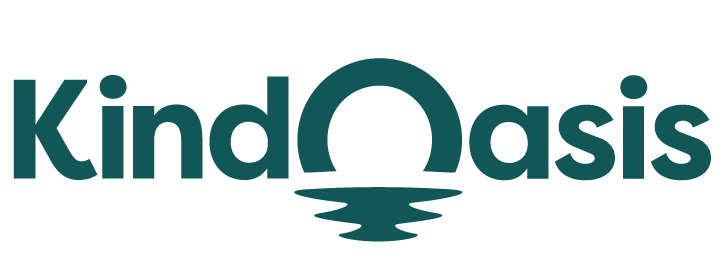Effective Strategies for Implementing Shopify Marketing Automation
Try AI ChatbotEnhance your Shopify store with effective marketing automation strategies and tools like VanChat for better results.

Marketing automation is a game-changer for e-commerce businesses, particularly those using Shopify. It streamlines marketing efforts, personalizes customer interactions, and drives sales growth. In this guide, we'll explore effective strategies for implementing Shopify marketing automation to enhance your store's performance.
Understanding Shopify Marketing Automation
What is Shopify Marketing Automation?
Shopify marketing automation involves using software to automate marketing tasks and workflows. This includes sending targeted emails, managing social media campaigns, and personalizing customer interactions based on their behavior. Automation helps e-commerce businesses save time, increase efficiency, and enhance customer engagement.
For an overview of marketing automation and its benefits, check out Shopify's blog on marketing automation.
Key Benefits of Marketing Automation
- Increased Efficiency: Automating repetitive tasks like email campaigns and social media posts frees up time for more strategic activities.
- Personalized Customer Experience: Automation allows for tailored communication based on customer behavior, leading to higher engagement and conversion rates.
- Improved Customer Retention: Automated follow-ups and personalized offers help keep customers engaged and encourage repeat purchases.
- Data-Driven Insights: Marketing automation tools provide valuable analytics that help you understand customer behavior and optimize your strategies.
Effective Strategies for Shopify Marketing Automation
1. Automate Email Marketing Campaigns
Email marketing remains a powerful tool for driving sales. Automate your email campaigns to send personalized messages based on customer actions, such as abandoned cart reminders, welcome emails, and promotional offers.
For tips on automating your Shopify email marketing, read Inkybay's article on effective strategies.
2. Leverage Customer Segmentation
Segment your customer base to deliver more relevant and personalized messages. Use automation to categorize customers based on their purchase history, behavior, and preferences. This segmentation allows for targeted marketing that resonates with different customer groups.
3. Implement Behavioral Triggers
Set up behavioral triggers to automate responses based on specific actions customers take. For example, send a follow-up email when a customer abandons their cart, or trigger a thank-you note after a purchase.
Explore Picreel's blog on Shopify marketing automation for insights on setting up effective triggers.
4. Utilize Dynamic Content
Dynamic content personalization helps engage customers by showing relevant products and offers based on their browsing history and past interactions. This approach increases the likelihood of conversion by presenting personalized recommendations.
5. Automate Social Media Campaigns
Use automation tools to schedule and manage social media posts. This ensures consistent brand presence and engagement across platforms. Automate responses to common queries and interactions to maintain active communication with your audience.
For further strategies on managing social media automation, refer to Wisepops' guide on Shopify marketing strategies.
6. Track and Analyze Performance
Regularly monitor the performance of your automated campaigns using analytics tools. Track key metrics such as open rates, click-through rates, and conversion rates to assess the effectiveness of your strategies and make data-driven adjustments.
Integrating VanChat for Enhanced Automation
Why Choose VanChat?
VanChat is an AI-powered pre-sales chatbot for Shopify that can significantly enhance your marketing automation efforts. It accurately answers 97% of customer questions without human intervention, addressing queries about product comparisons, order tracking, sizing, and returns. By continuously learning from your store’s text, images, and videos, VanChat provides precise and timely responses, automating tasks like checking orders and updating carts.
VanChat’s personalization capabilities, including tailored product recommendations and detailed user profiles, align perfectly with marketing automation strategies. It offers proactive sales features like discount reminders and product suggestions, which can boost engagement and conversion rates.
For more information on integrating VanChat into your Shopify store, visit the VanChat official website.
Conclusion
Implementing Shopify marketing automation can transform your e-commerce business by improving efficiency, personalizing customer interactions, and driving sales growth. By leveraging effective strategies and tools like VanChat, you can enhance your automation efforts and achieve better results.
Relevant Links
- Shopify’s Guide to Marketing Automation
- Inkybay’s Strategies for Shopify Automation
- Picreel’s Insights on Shopify Marketing Automation
- Wisepops’ Shopify Marketing Strategies
- VanChat Official Website
By implementing these strategies and utilizing advanced tools like VanChat, you can effectively harness the power of marketing automation to elevate your Shopify store's performance.





